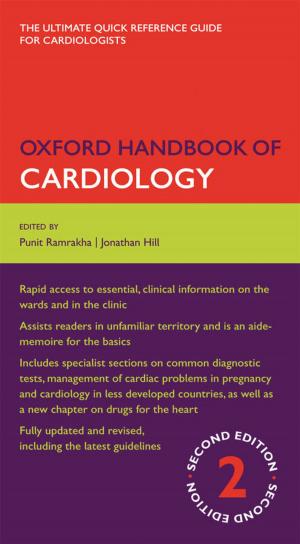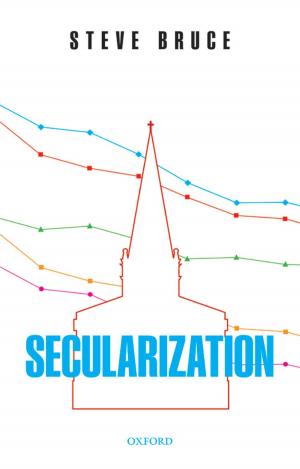The Return of Alsace to France, 1918-1939
Nonfiction, History, France, Social & Cultural Studies, Political Science| Author: | Alison Carrol | ISBN: | 9780192525918 |
| Publisher: | OUP Oxford | Publication: | May 31, 2018 |
| Imprint: | OUP Oxford | Language: | English |
| Author: | Alison Carrol |
| ISBN: | 9780192525918 |
| Publisher: | OUP Oxford |
| Publication: | May 31, 2018 |
| Imprint: | OUP Oxford |
| Language: | English |
In 1918, the end of the First World War triggered the return of Alsace and Lorraine to France after almost fifty years of annexation into the German Empire. Enthusiastic crowds in Paris and Alsace celebrated the return of the 'lost provinces,' but return proved far more difficult than expected. Over the following two decades, politicians, administrators, industrialists, cultural elites, and others grappled with the question of how to make the region French again. Differences of opinion emerged, and reintegration rapidly descended into a multi-faceted struggle as voices at the Parisian centre, the Alsatian periphery, and outside France's borders offered their views on how to introduce French institutions and systems into its lost borderland. Throughout these discussions, the border itself shaped the process of reintegration, by generating contact and tensions between populations on the two sides of the boundary line, and by shaping expectations of what it meant to be French and Alsatian. Borderland is the first comprehensive account of the return of Alsace to France which treats the border as a driver of change. It draws upon national, regional, and local archives to follow the difficult process of Alsace's reintegration into French society, culture, political and economic systems, and legislative and administrative institutions. It connects the microhistory of the region with the 'macro' levels of national policy, international relations, and transnational networks, and with the cross-border flows of ideas, goods, people, and cultural products that shaped daily life in Alsace as its population grappled with the meaning of return to France. In revealing the multiple voices who contributed to the region's reintegration, it underlines the ways in which regional populations and cross-border interactions have forged modern nations.
In 1918, the end of the First World War triggered the return of Alsace and Lorraine to France after almost fifty years of annexation into the German Empire. Enthusiastic crowds in Paris and Alsace celebrated the return of the 'lost provinces,' but return proved far more difficult than expected. Over the following two decades, politicians, administrators, industrialists, cultural elites, and others grappled with the question of how to make the region French again. Differences of opinion emerged, and reintegration rapidly descended into a multi-faceted struggle as voices at the Parisian centre, the Alsatian periphery, and outside France's borders offered their views on how to introduce French institutions and systems into its lost borderland. Throughout these discussions, the border itself shaped the process of reintegration, by generating contact and tensions between populations on the two sides of the boundary line, and by shaping expectations of what it meant to be French and Alsatian. Borderland is the first comprehensive account of the return of Alsace to France which treats the border as a driver of change. It draws upon national, regional, and local archives to follow the difficult process of Alsace's reintegration into French society, culture, political and economic systems, and legislative and administrative institutions. It connects the microhistory of the region with the 'macro' levels of national policy, international relations, and transnational networks, and with the cross-border flows of ideas, goods, people, and cultural products that shaped daily life in Alsace as its population grappled with the meaning of return to France. In revealing the multiple voices who contributed to the region's reintegration, it underlines the ways in which regional populations and cross-border interactions have forged modern nations.















